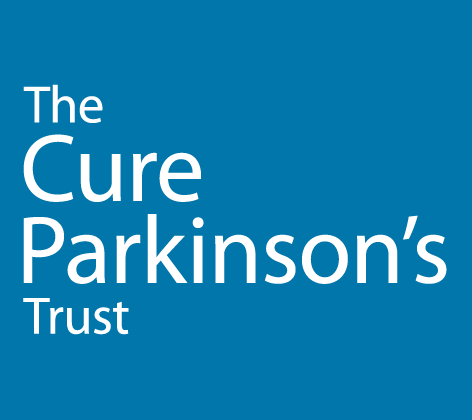
Common asthma medication may lower Parkinson’s disease risk
The takeaway
Why is it important?
%
IMPACT
- Novelty 90%
- Proximity 60%
- Deliverability 90%
Impact Opinion
Background
The details
Scientists have long searched for ways to clear abnormal alpha-synuclein out of brain cells in an effort to prevent inflammation and cell death. To this end, the study authors grew brain cells in the laboratory and treated them with more than 1,100 difference substances, including medications and vitamins, to see which ones impacted the levels of alpha-synuclein.
Salbutamol, a common asthma treatment, appeared to affect the activity of the alpha-synuclein gene, which controls production of the protein.
To see how salbutamol use might affect risk, the authors analysed the Norwegian Prescription Database, which contains information on all drugs prescribed in Norway since 2004. They determined that people who had taken salbutamol at least once were about a third less likely to develop Parkinson’s than those who had never used salbutamol.



